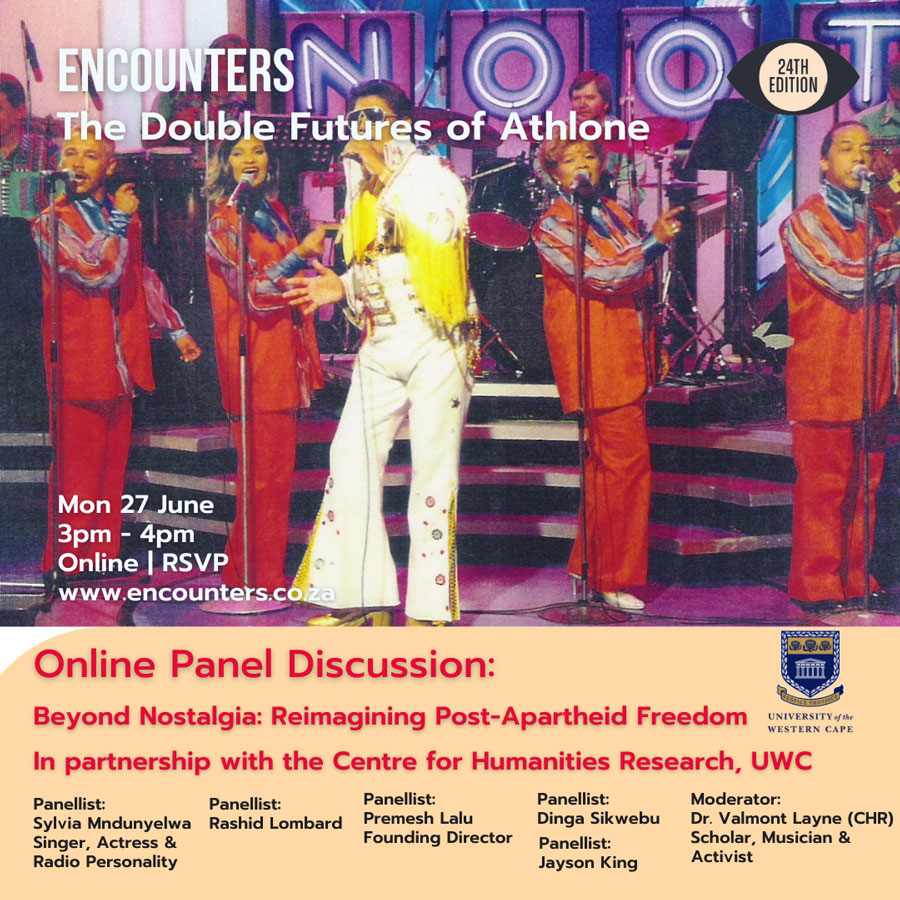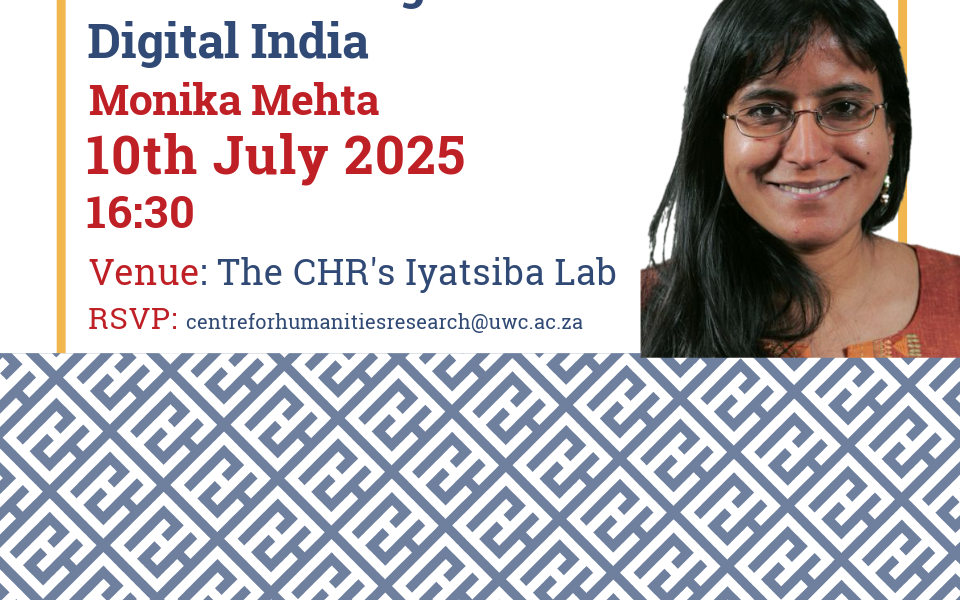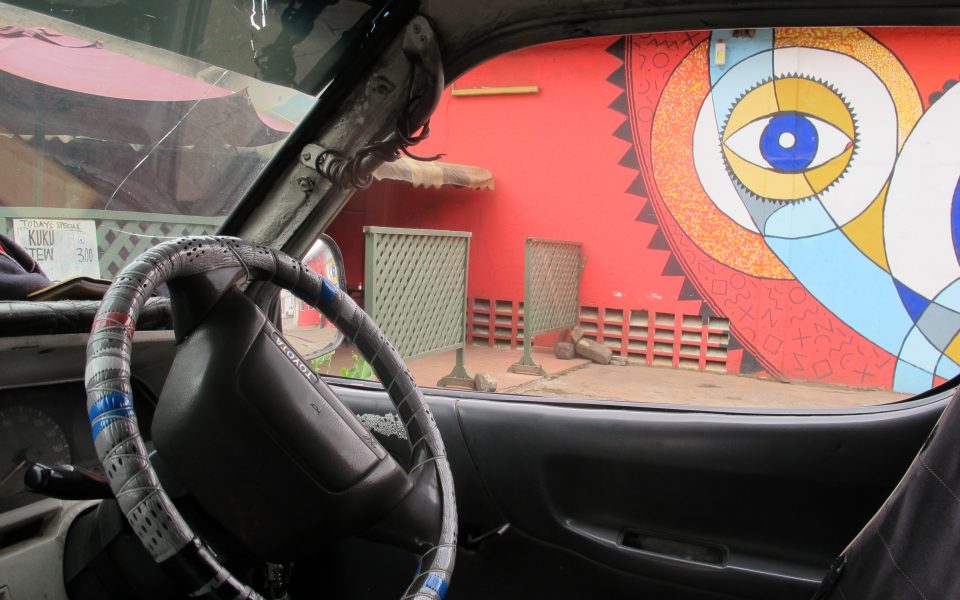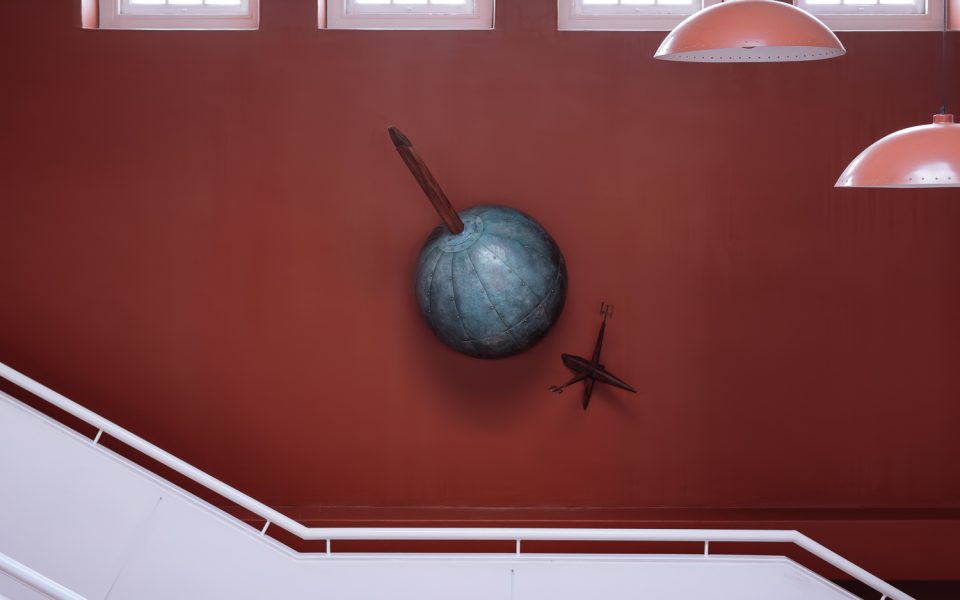Beyond Nostalgia: Reimagining Post-Apartheid Freedom
Founding CHR director and filmmaker Premesh Lalu will be in conversation with Rashid Lombard, Jayson King, Sylvia Mndunyelwa and Dinga Sikwebu about his new film The Double Futures of Athlone at the Encounters South African Documentary International Film Festival. The panel will be moderated by Valmont Layne.
The panel is inspired by Premesh Lalu’s enriching new film The Double Futures of Athlone, which will be premiered at the Encounter’s documentary film festival. In the aftermath of grand apartheid’s forced removals, a form of cultural politics burgeoned around the cinemas of Athlone on the Cape Flats. Often targeted by pernicious strategies of petty apartheid, the cinema, or bioscopes, nevertheless became spaces for reimagining community. Spaces such as the Kismet Cinema opened vistas of freedom and created a platform for building a non-racial future, inspired by film and music. How do we account for this cultural politics that once offered a glimpse of post-apartheid freedom in the very midst of apartheid’s dread? What was the significance of the bioscope in building community? And what future might we envisage for such cultural politics on the Cape Flats in the wake of apartheid?
Moderator: Valmont Layne
Panelists: Rashid Lombard, Jayson King, Sylvia Mndunyelwa and Dinga Sikwebu






